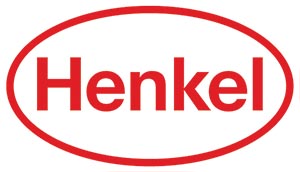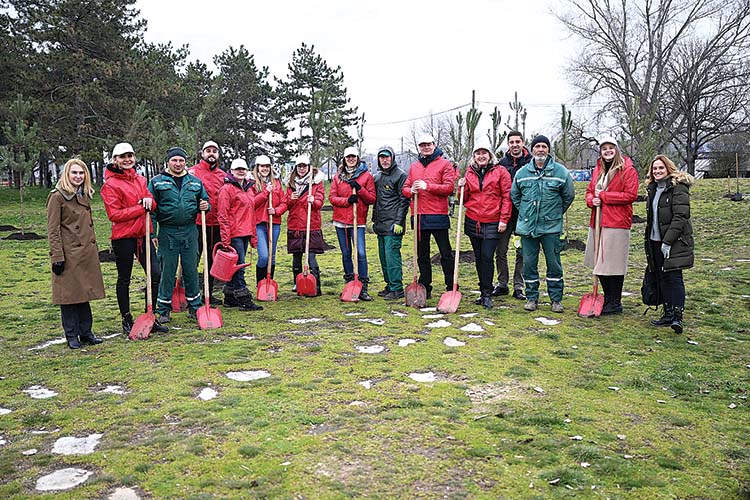Henkel operates in three locations in Serbia. It is among the top 10 exporters and one of “100 most sustainable companies in the world”. They have received many awards and accolades for their sustainable business practices, including those for socially responsible business
As leaders in sustainability, they strive to be pioneers of new solutions for sustainable development, actively support transformation towards a sustainable economy and society, help protect and regenerate nature, and contribute to the empowerment of communities. Dejan Davidović talks with us about all this.
Henkel always puts the needs of its customers at the core of its business. What do consumers want?
The latest market trends show that consumers are more careful about choosing which brands to put in their shopping baskets. The key factor in making this decision is the price/quality ratio.

Our company offers a very wide range of consumer products such as detergents and household chemicals and brands for consumer goods packaging, transport, metal, general industry, electronics and others.
Is sustainability a central element in your vision for the future?
Sustainability is undoubtedly a central element of our vision for the future. Last year, as part of our Sustainability Strategy, we presented the Strategic Framework for Sustainable Business 2030+ with long-term ambitions focused on three pillars to guide further progress: Regenerative Planet, Successful Communities and Trusted Partner. One of the examples of good sustainable business practice is our factory in Kruševac.
Our social engagement is based on four pillars: corporate volunteering, social partnership, brand engagement and emergency aid
This is the first factory in Serbia that was awarded the ISO 50001 certificate for energy efficiency, as well as the Gold LEED certificate for energy design. We achieved the goal of zero waste from our production, we installed heat pumps, we collect rainwater, and our site is connected to the city collector for treatment of sewage water.

All other water generated in the production process is minimized and is processed or reused. We focus on energy from renewable sources, and we are currently working on a project for solar panels, biomass and general optimization to achieve the goal of zero CO2 emissions.
Commitment to the community is one of Henkel’s core values. You have received awards for some of these initiatives?
Our social engagement is based on four pillars: corporate volunteering, social partnership, brand engagement and emergency aid. To enable our staff to contribute actively to the community in areas of their own personal interest, Henkel was among the first to launch a corporate volunteering initiative called MIT (Make an Impact on Tomorrow). Last year we marked 15 years of implementation of this project in our country. We are very proud of the results, more than 70 employees volunteered in support projects for schools, kindergartens, hospitals and sports clubs. More than 163 projects with a total value of over € 650,000 were carried out across Serbia.
Three years ago, we launched the project “I Love the River, and You?!”, for which the chamber of commerce awarded us the national Đorđe Weifert award for socially responsible business. We also received the Benefactor award, which is awarded to the most responsible companies and organizations in Serbia.